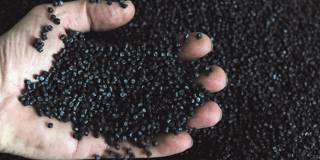Although the world's attention is understandably focused on COVID-19, we must not lose sight of longer-term priorities such as reducing plastics pollution, which the pandemic has exacerbated. The imperative is clear: Invest in policies and infrastructure to protect a resource that is vital to our economies and our very survival.
LUXEMBOURG – Plastic is entering the world’s oceans and seas in ever-greater quantities, and the COVID-19 pandemic is compounding the problem. Masks, gloves, and other forms of personal protective equipment are ending up in waterways. And the World Wildlife Fund estimates that if just 1% of the billions of masks made with a thermoplastic polymer called polypropylene are tossed on the ground rather than deposited in proper disposal bins, as many as ten million per month will end up in the environment as pollution.

LUXEMBOURG – Plastic is entering the world’s oceans and seas in ever-greater quantities, and the COVID-19 pandemic is compounding the problem. Masks, gloves, and other forms of personal protective equipment are ending up in waterways. And the World Wildlife Fund estimates that if just 1% of the billions of masks made with a thermoplastic polymer called polypropylene are tossed on the ground rather than deposited in proper disposal bins, as many as ten million per month will end up in the environment as pollution.